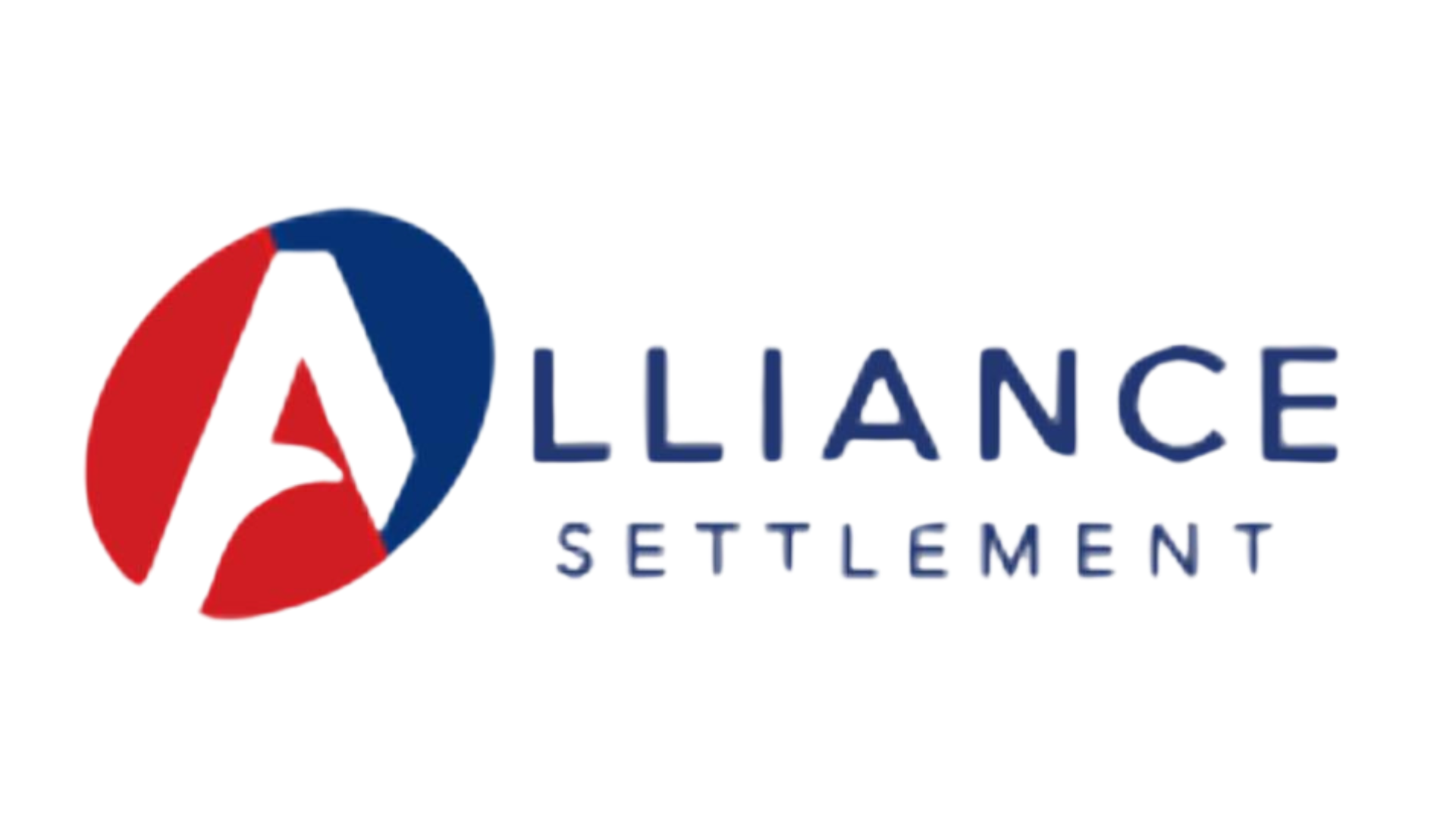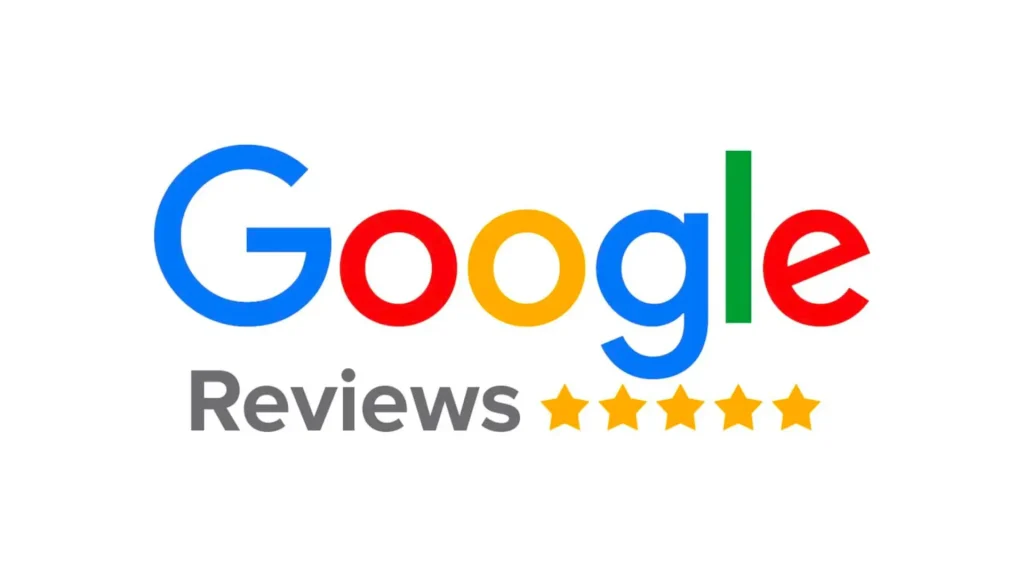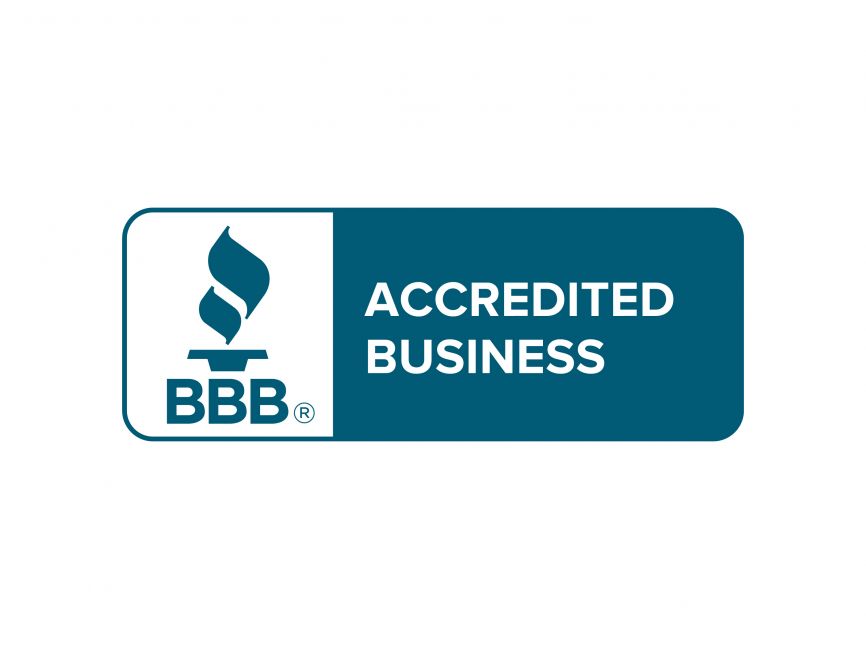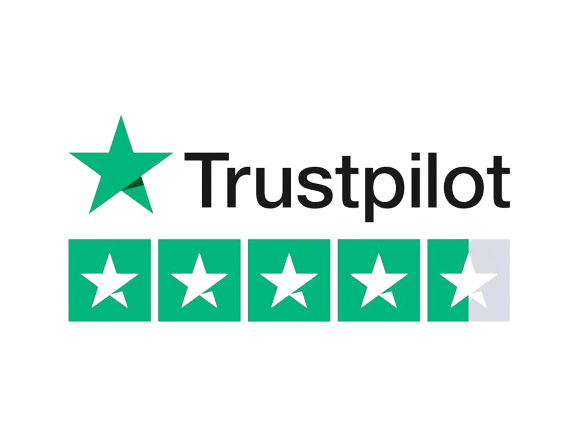Debt can feel overwhelming, and for some people, the easiest path seems to be doing nothing—ignoring the bills, skipping the calls, and hoping it goes away. But unfortunately, ignoring debt doesn’t make it disappear. In fact, it can lead to long-term consequences that are much harder to resolve later.
1. Your Credit Score Will Take a Hit
When you miss payments, your credit score begins to drop. Over time, this can limit your ability to qualify for loans, rent an apartment, or even get a job. Payment history is one of the most important factors in your credit report.
2. Late Fees and Interest Accumulate
Ignoring debt doesn’t stop the clock. Creditors may continue to add late fees and interest, making the total balance grow larger month after month. This can turn a manageable debt into an overwhelming one.
3. Accounts May Go to Collections
Once a creditor gives up on trying to collect, they may sell your account to a collections agency. This introduces a whole new layer of pressure—constant calls, letters, and further credit damage.
4. You Could Face Legal Action
If enough time passes, some creditors may decide to sue you for the unpaid debt. If they win, they can pursue wage garnishment, bank levies, or liens depending on your state laws.
5. Stress and Anxiety Increase
Financial stress can impact your mental health, relationships, and sense of security. Ignoring the issue often adds to the anxiety rather than reducing it.
There Is a Better Way
If you’re struggling with debt, know that you have options. At Alliance Settlement, we help people resolve debt through structured settlement plans that fit their budget. You don’t have to face this alone—and the sooner you take action, the more options you have.
Reach out today for a no-obligation consultation. Let’s create a plan to move forward and give you back peace of mind.










